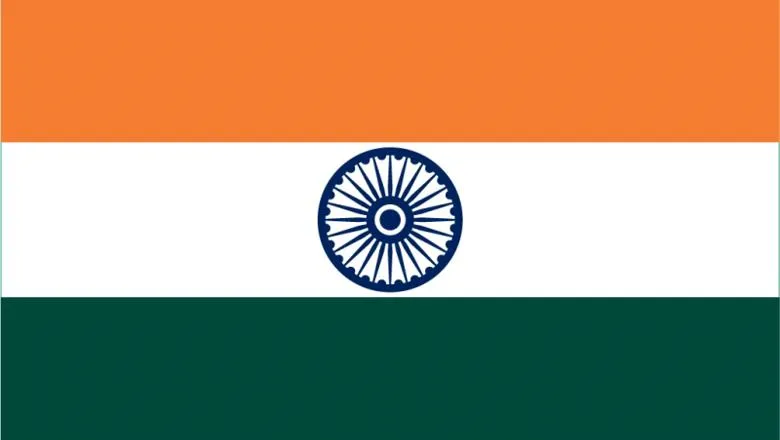04 March 2014
Overview of 1540 civil society conference in Delhi, 25-26 February 2014
Project Alpha along with the Indian Institute for Defence Studies and Analyses (IDSA) and the Indian Institute for Strategic Studies (ISS) hosted a civil society conference on UNSCR 1540 in Delhi on the 23 and 24 February 2014 for the purpose of learning lessons from the resolution’s first decade. The workshop was sponsored by the UN’s Office of Disarmament Affairs (UNODA) and sought to identify ‘effective practices’. A conference report and follow up events will take place in the coming months, continuing the work of this conference.

Resolution 1540 was passed in the wake of the uncovering of the AQ Khan network and in the post-9/11 context with the purpose of preventing proliferation-related trade. The resolution is legally binding on all states and targets the proliferation of chemical, biological and nuclear weapons (WMDs) and associated weapons systems. This resolution acts to create a safer international environment by decreasing gaps in legislation that non-state actors and others can exploit. A committee was also created to help guide and further the work of the Resolution.
The 28th April marks the 10th anniversary of the resolution’s adoption, thus making this year an appropriate moment to reflect upon what has been achieved and what still needs to be done. At the conference, it was highlighted that, outside of the committee and individual governments, there had been little work done to capture what had been done or what had worked – something that must change if progress is to continue in the second decade.
Despite the lack of systaltic assessment of the resolution’s implementation, it was evident at the conference that the main challenge going forward is in improving implementation on the ground. In the last decade, many countries (including India)[1] have adopted legislation to implement 1540’s requirements, but legislation clearly alone cannot prevent proliferation. The report on effective practices that will be generated from this workshop will contribute to the next phase of the resolution’s implementation.
There are many challenges that remain to be addressed, however, and Alpha, working along with IDSA, ISS and other non-governmental organisations, plans to take a lead on several of these. In particular, as Michael Aho, the US 1540 committee member noted in his closing remarks, more must be done to understand the role and obligations of academia in implementing the resolution.
More generally, the conference reemphasised the role that civil society can play in the resolution’s implementation. In this regard, Alpha has announced the formation of a Collaboration on Open Source and Trade Analysis for Non-Proliferation (COSTA-NP) for the purposes of supporting international organisations such as the UNODA, UNSC 1540 committee, UN panels of experts and IAEA in implementing measures to prevent proliferation. The scope of COSTA-NP’s work is flexible, but its message is clear: by working together to leverage the resources of civil society, we can do much to prevent proliferation. Civil society institutions that share these goals are therefore invited to participate in COSTA-NP.
Next steps
Alpha and IDSA will in the following weeks compile a report on effective practices in implementing the resolution. Alpha will also organise a variety of follow up events to build upon the success of the workshop.
